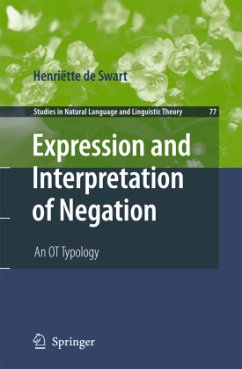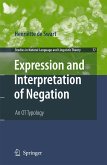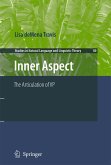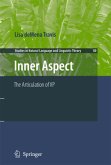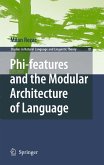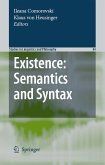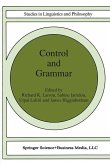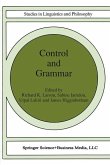This study in cross-linguistic semantics explores the territory where logic, natural language and typology meet. While we can all understand the semantics of negation in its role of altering truth values, this ambitious book aims to take the reader much further. A unified analysis of the linguistic 'behavior' of negation is hampered by the myriad variations in its syntax and semantics in languages around the world. This is true not just for the expression of negatives, but for their interpretation too.
De Swart deploys the framework of bi-directional Optimality Theory to develop a typology of the relationship between syntax and semantics in negation markers and negative indefinites. In this model, syntactic and semantic constraints act in concert to define the grammar of a language. Some languages are 'double negative', some 'negative concord', and others belong to subclasses identified by 'strict negative concord' 'nonstrict negative concord' or 'negative spread'.
In addition to the above, the author analyses intermediate cases, and examines complex instances of double negation occurring in negative concord languages. Her OT analysis of the Jespersen cycle brings together typological and diachronic variation. This book's unique combination of theoretical precision and wide empirical coverage make it essential reading for any researcher approaching semantic typology from a logical, linguistic or cognitive perspective.
De Swart deploys the framework of bi-directional Optimality Theory to develop a typology of the relationship between syntax and semantics in negation markers and negative indefinites. In this model, syntactic and semantic constraints act in concert to define the grammar of a language. Some languages are 'double negative', some 'negative concord', and others belong to subclasses identified by 'strict negative concord' 'nonstrict negative concord' or 'negative spread'.
In addition to the above, the author analyses intermediate cases, and examines complex instances of double negation occurring in negative concord languages. Her OT analysis of the Jespersen cycle brings together typological and diachronic variation. This book's unique combination of theoretical precision and wide empirical coverage make it essential reading for any researcher approaching semantic typology from a logical, linguistic or cognitive perspective.

